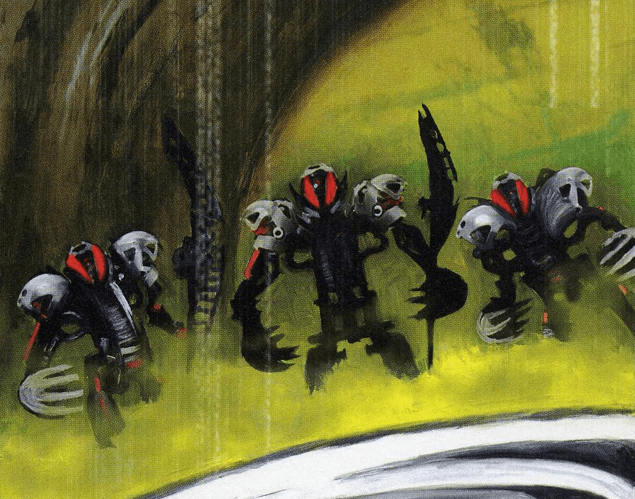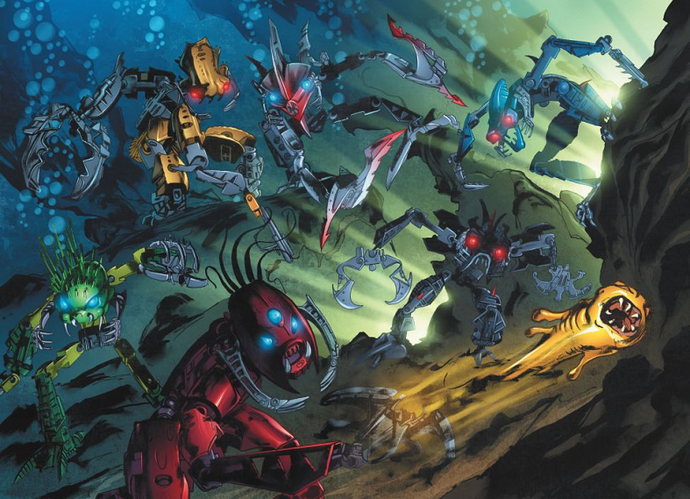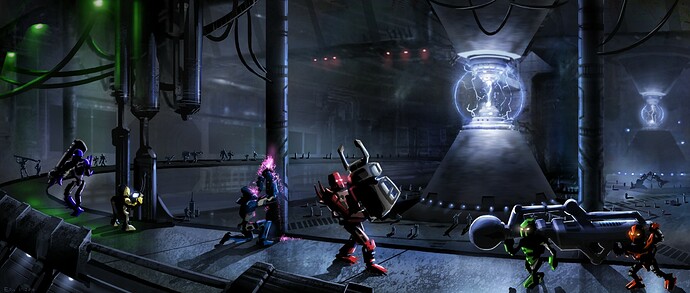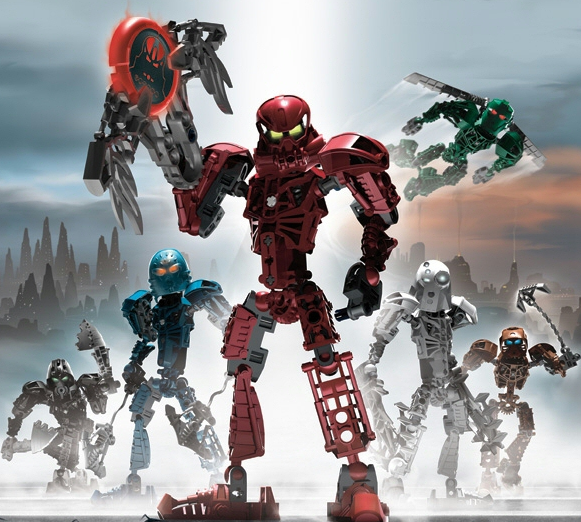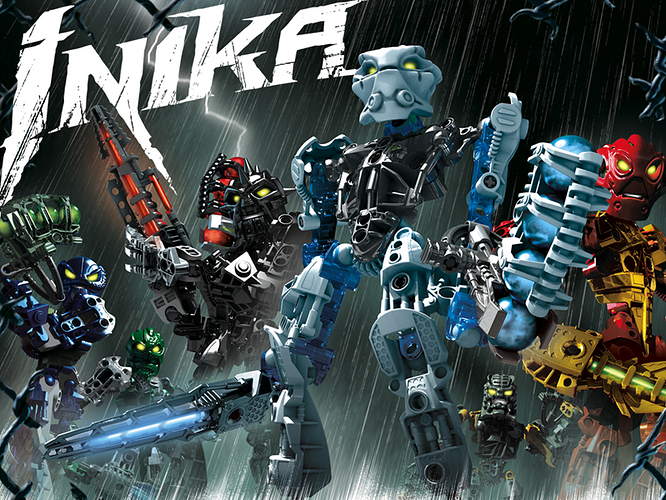This is just my headcanon, and a guess theory.
Makuta, who was a rebel against the world, and Barraki/The Six kingdoms, who was allowed to rule directly by Mata Nui.
The MU is sometimes ruled by those who can be described as “arrogant” or “domineering”.
The interesting point is, they were all created directly by the Great Spirit Mata Nui.
They could have managed the MU in a more “ideal” way than would normally be the case.
So I write a hypothesis, that why only those who were privileged by Mata Nui were rebellious.
This is a very pessimistic view, but I think it’s important to note that most of BIO-Being initially had only very limited, insect-like (just like Kestora) AI.
Originally, many BIO-Beings, including Matoran, were “internal structures” to maintain the health of the “huge humanoid body” called MataNui, and GB had expected them to act more like “internal organs” or “red blood cells” rather than a life form in the true sense of the word.
In other words, if they were properly the “entrails” of MataNui, what is needed there is not “goodness” or “humanity” or “conscience”.
it’s a ruthless prioritization and a minimal sense of how to work without questioning it.
In this case, Makuta’s and Baraki’s “arrogance” was in a sense an “expected feature,” by GB, and In the MU culture, which was given evolution of intelligence by Velika and became more “social”, their “inherent function” could have been naturally regarded as an “inborn character defect”.
I think this is the why many of the Makuta, the “apostles of Mata Nui” who had direct access to the very structure of the MU, and the Baraki who were allowed to rule directly, were “arrogant”.
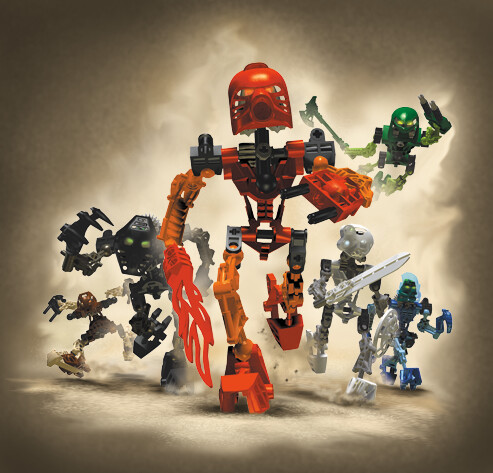
This hypothesis also explains why GB created Marendar as a danger to Toa’s rebellion instead of Makuta.
Greg said the reason GB was wary of the Toa and not the Makuta was because the Makuta were so important to the operation of the MU that GB thought it unlikely they would rebel.
In other words, GB may have viewed Toa, “a relatively unimportant but highly threatening entity,” as the greatest risk.
.
.
.
I couldn’t think of a sentence that would end the sentence in a cool way. The end.
